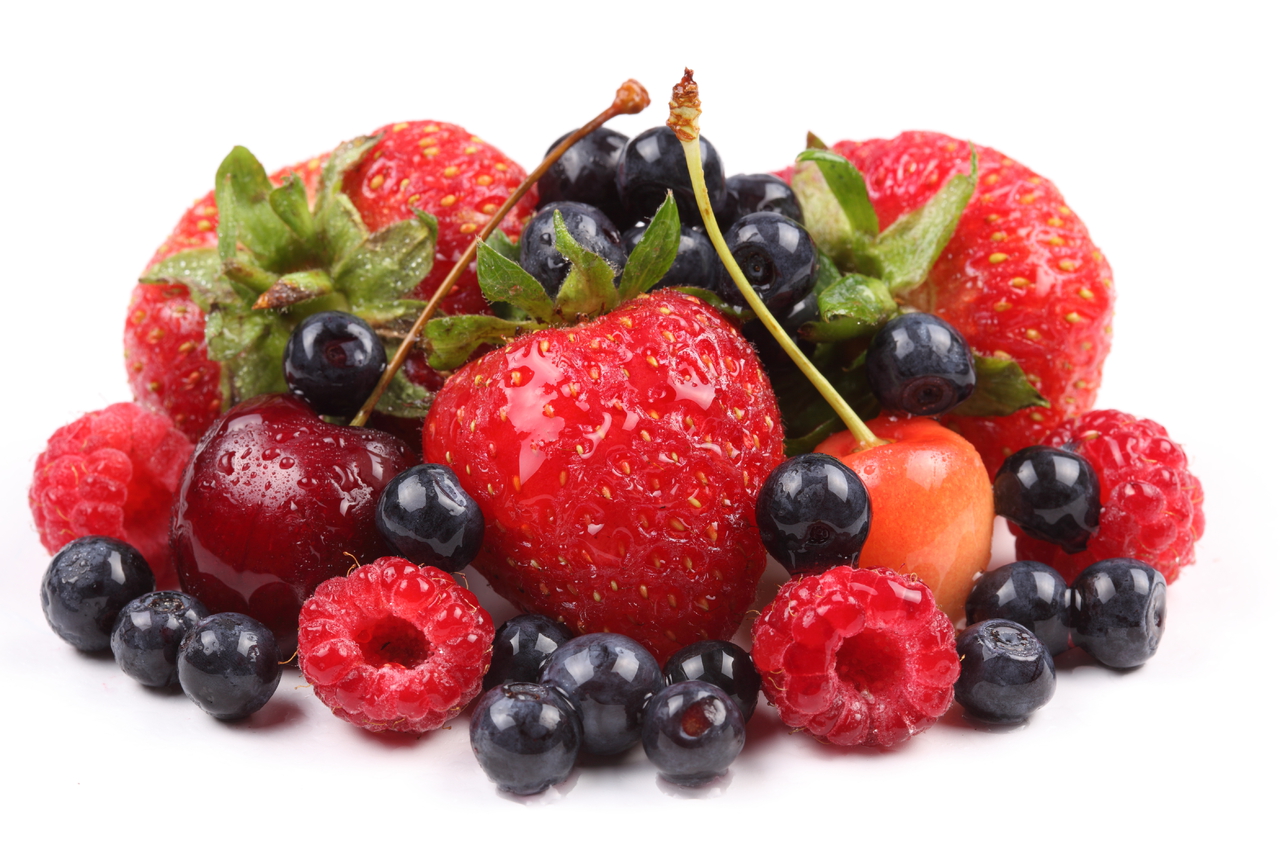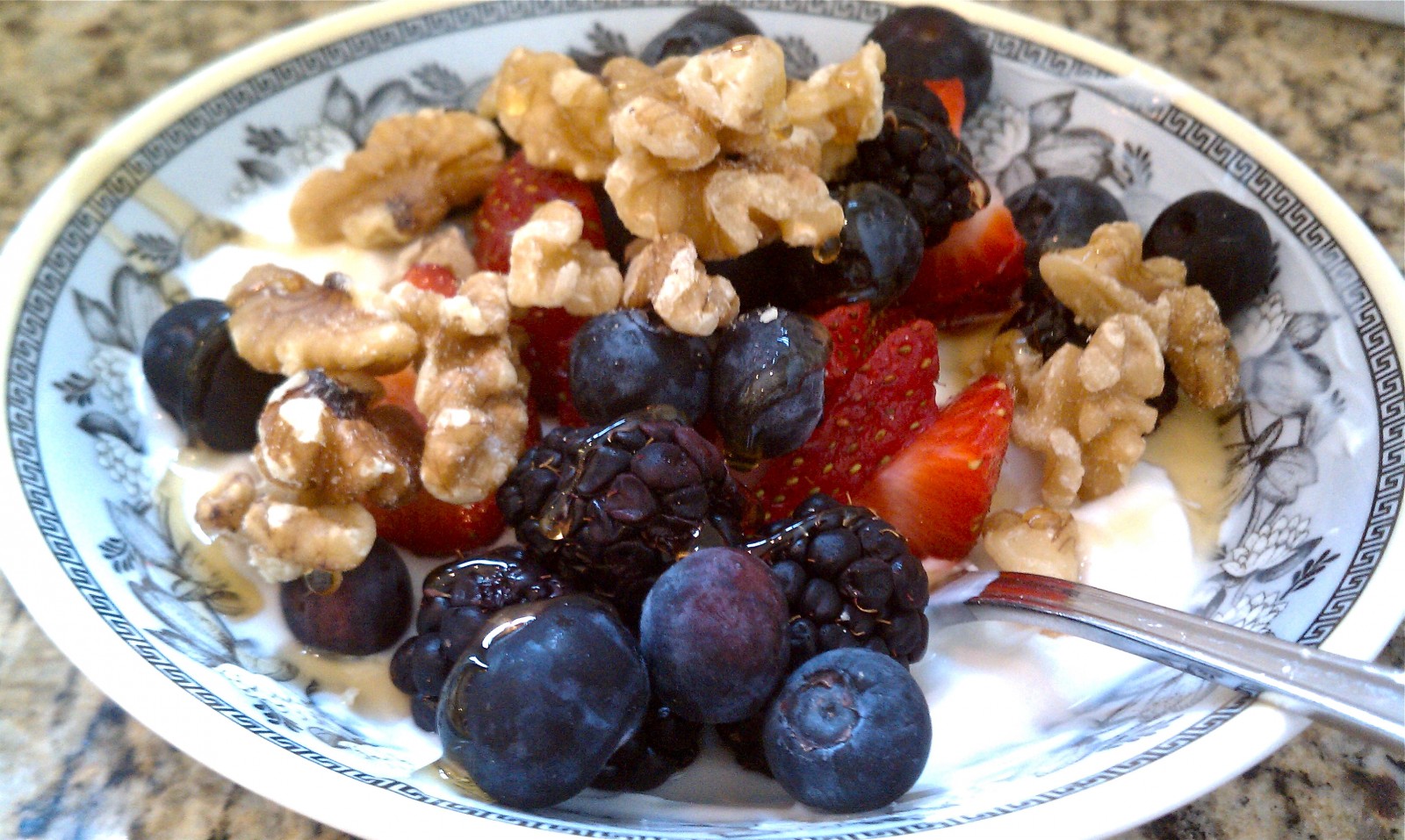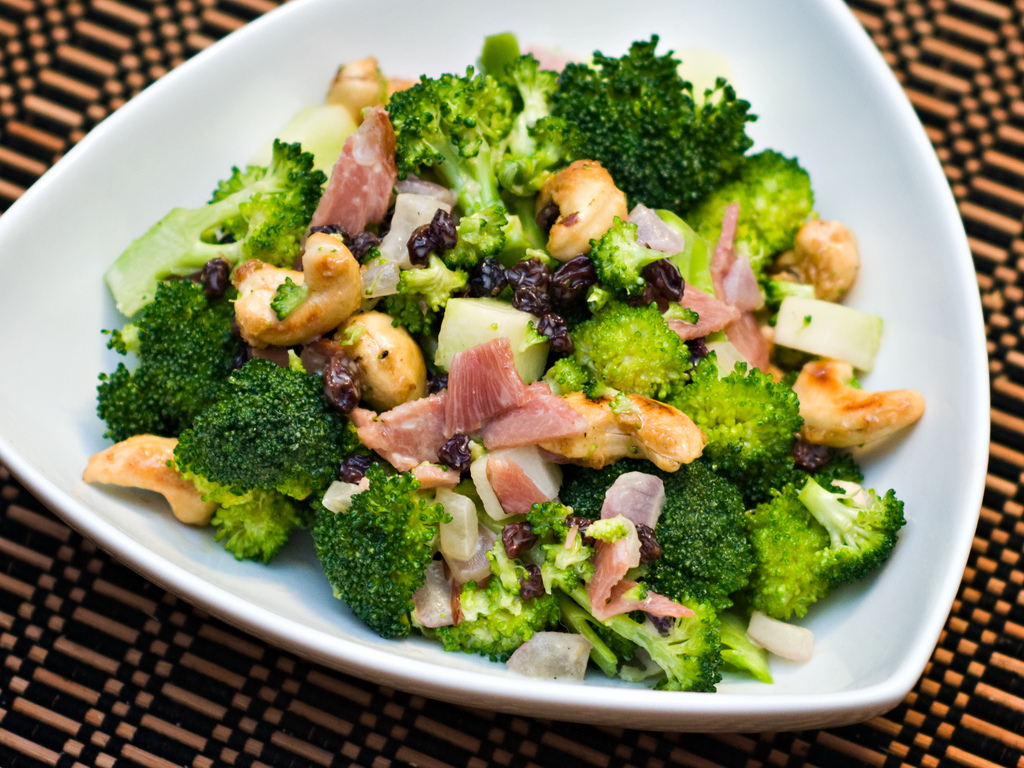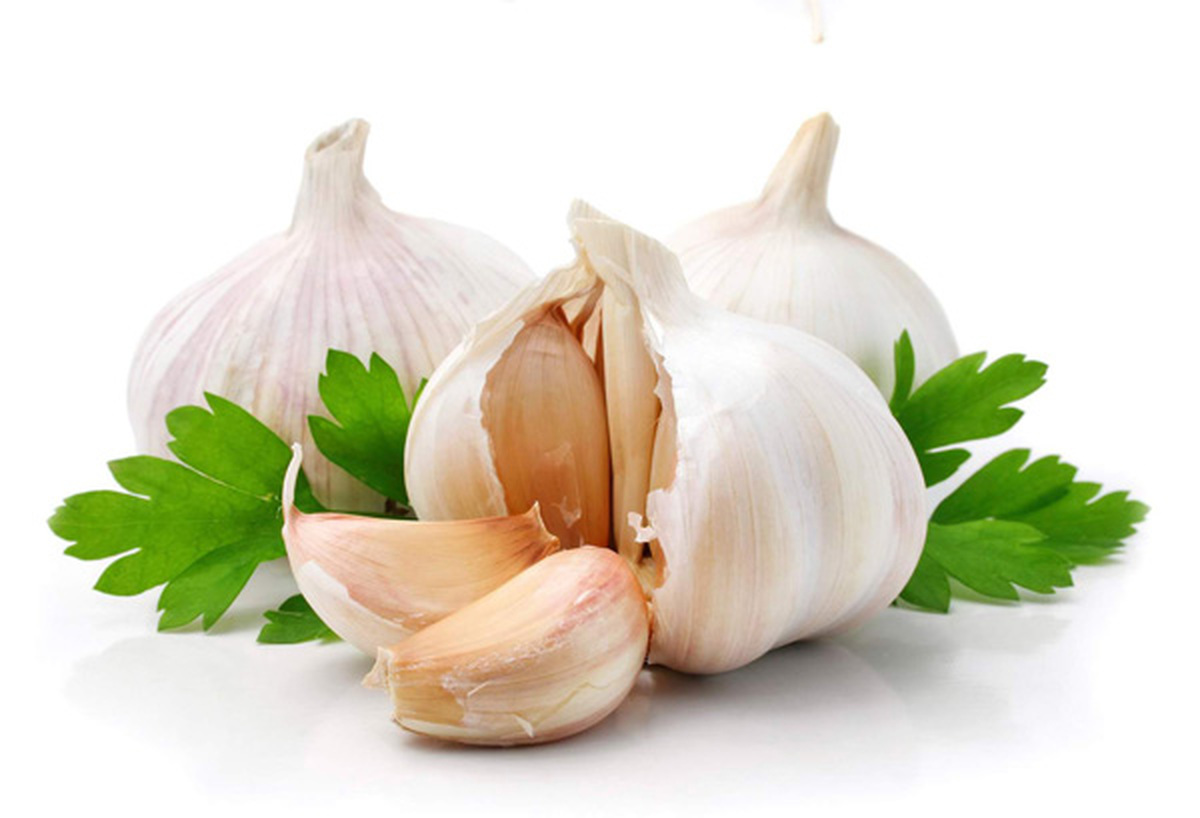You’ve heard the standard nutrition advice before, like stick to fruits and vegetables, and focus on whole foods. But what if you’re following all the tips and still missing out on important nutrients?
In order to make the most of your food, you need phytonutrients—the healthy plant compounds that fight cancer, lower blood pressure, and cholesterol, and enhance memory—says Jo Robinson, author of the new book Eating on the Wild Side. Follow these six surprising food rules to get more of them.
1. Look for dark colors. Focus on blue foods like blueberries or blue potatoes, black like blackberries or currents, red foods like cranberries or peppers, or purple— concord grapes or purple asparagus, says Robinson. These foods all contain anthocyanin, which has more health benefits than other plant nutrients.
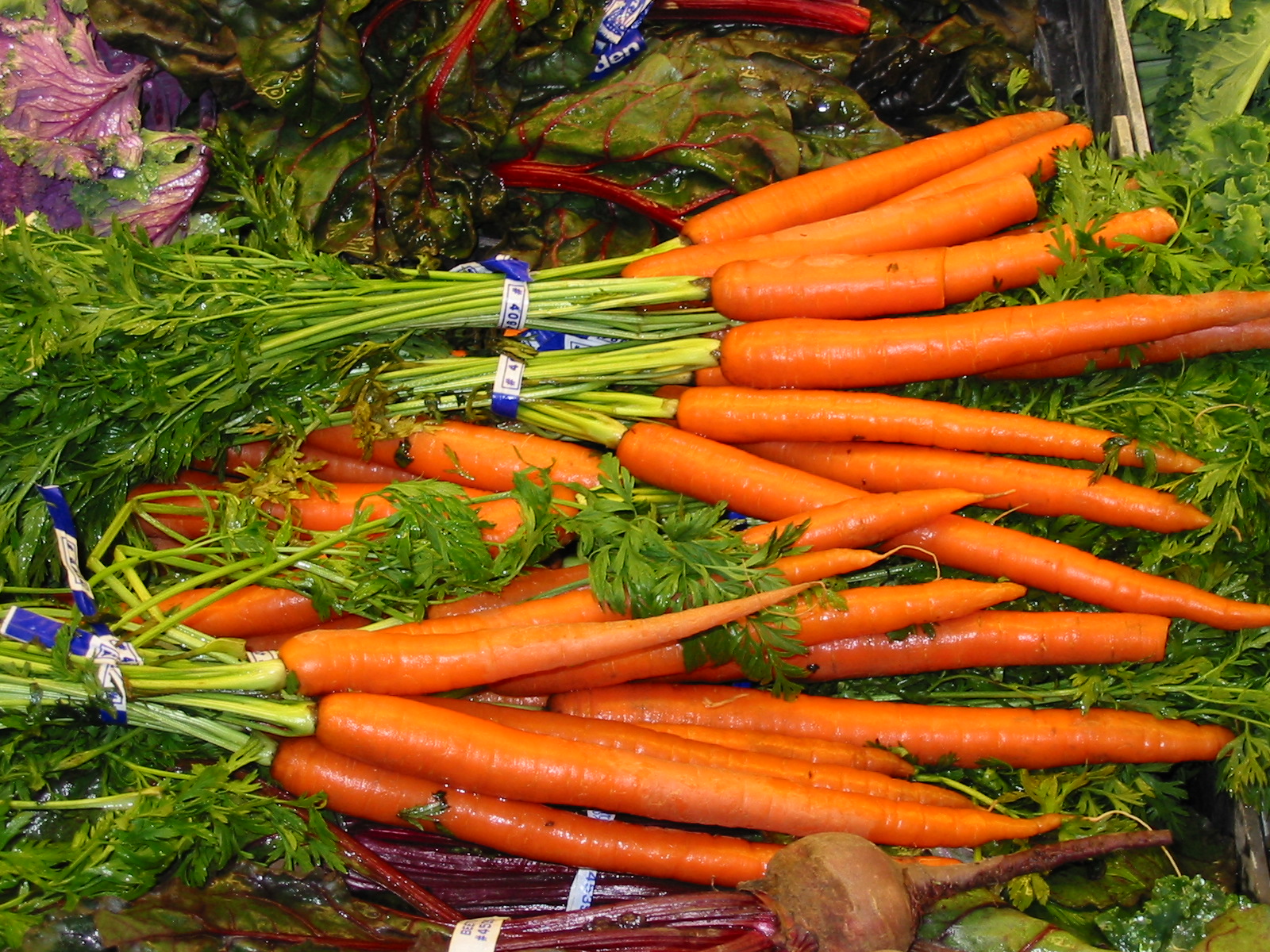
2. Stop peeling carrots. The nutrients in the skin of a carrot are equal to the amount in an entire peeled carrot, says Robinson. Just wash off the dirt and enjoy.
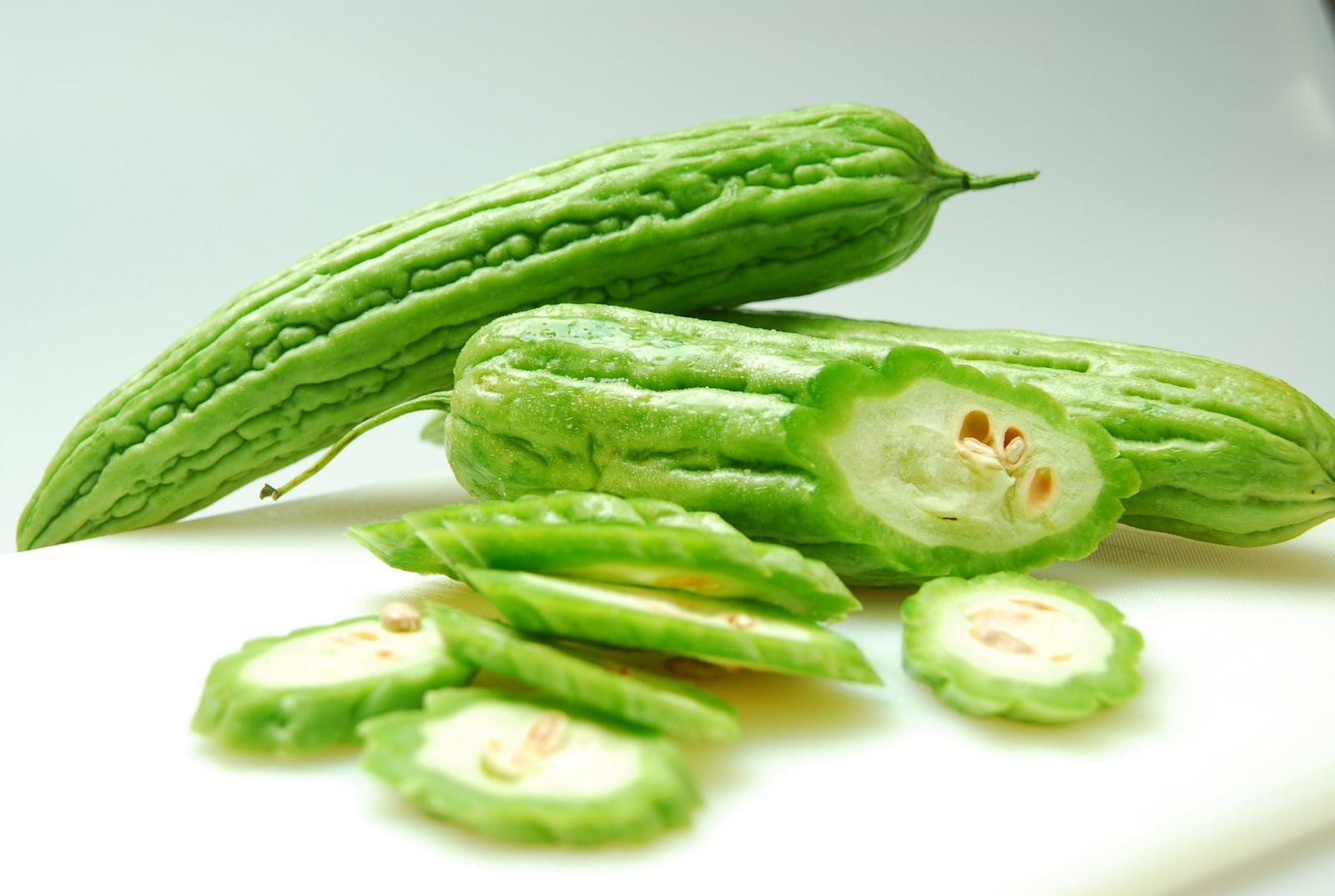
3. Embrace the bitterness. Americans have a habit of skipping bitter foods—which means they’re missing major health benefits, says Robinson. A dandelion, for example, has twice the calcium and eight times more antioxidants than spinach, says Robinson. If that’s a bit too extreme for you, start small by adding pieces of bitter red lettuce or radicchio to regular salad.
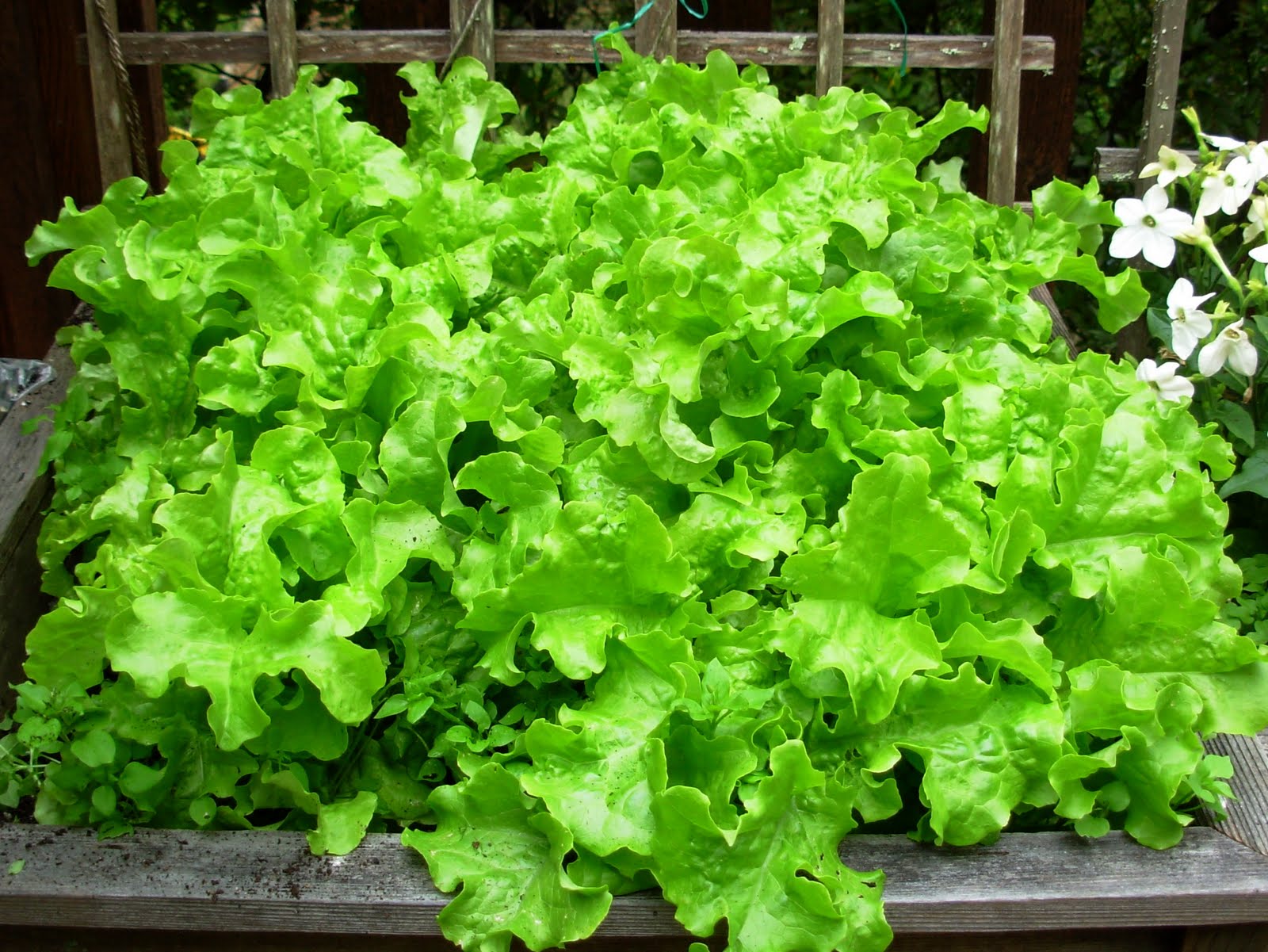
4. Rip up lettuce before storing it. It’s easy to forget vegetables are still alive when they’re harvested, says Robinson. When ripped, lettuce will believe a predator is eating it, so it produces four times the amount of antioxidant-rich substances in order to protect itself. (Yes, you’re benefiting from scared lettuce.)
5. Have an “eat me first” list: Certain foods lose nutrients faster than others, says Robinson. Eat arugula, broccoli, cherries, and kale within 1 to 2 days of harvest. Foods like onions, potatoes, or apples are okay for a few days longer.
6. Let the garlic rest: Don’t toss whole cloves of garlic into hot oil. Instead, mince it and set it aside for 10 minutes. Chopping will start a chemical reaction allowing an enzyme to produce the healthy compound that reduces the risk of cancer and heart disease, says Robinson.

